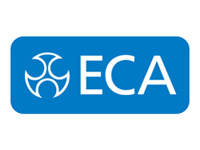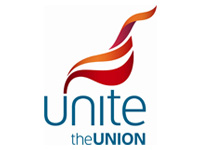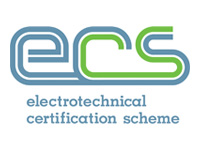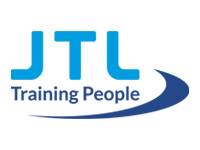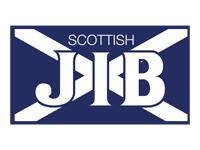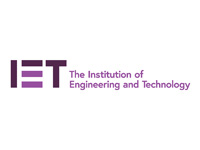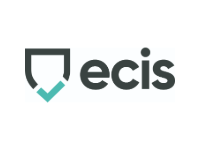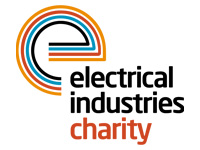Lots of us are finding ourselves struggling with the increase in our basic household bills, not to mention rents and mortgages. We’re seeing more and more people in the awful situation of not being able to pay bills, having to choose between putting the heating on or eating, and spiralling into debt because there just isn’t any more money.
Practical advice is available from the Electrical Industries Charity (EIC) to make sure you’re receiving all the help you should be and where you can go for extra support. More information is available on the Charity’s website but here’s a snapshot of the key things you can do:
- Don’t ignore it: Although it might feel like a way out, it’ll only make things worse and become a bigger problem
- Benefits check: Are you getting everything you’re entitled to? A charity called Step Change has a range of useful tools including a free benefits calculator.
- Know your priority debts: Council tax and rent/mortgage arrears are priority debts, meaning they need to be addressed to stop legal action or eviction. Make sure you have informed the relevant people if you’re behind and try to work out a payment plan. If you’re behind on your rent, you may qualify for the Breathing Space Scheme. This could give you up to 60 days’ respite from interest, fees and court action
- Do a financial MOT: Go through all your incomings and outgoings and be honest about what’s essential. Is your car too expensive? How many takeaways a week are you having? Do you need every streaming subscription? These are the type of things that should be cut back before you miss a rent/mortgage payment. The Citizens Advice budgeting tool can help you with this.
- Gas and electricity bills: There are lots of different schemes, grants, and government help for your fuel bills, the main ones are highlighted below:
- Energy Bill Support Scheme: All households should be receiving £400 in six instalments – check your energy bills! There are three additional Cost of Living Payments; £650 one-off Cost of Living Payment for those on means-tested benefits, a £300 one-off Pensioner Cost of Living Payment, for households that receive the Winter Fuel Payment, and a £150 Disability Cost of Living Payment
- Energy Supplier Grants: If you’re in debt with your energy suppliers they have grants available to help you pay the debt off. You can find out if you can apply for one of these grants on the Gov.UK website. The British Gas Energy Trust is open to anyone, not just British Gas customers, they may be able to help with gas or electricity arrears if you can’t get a grant from your current supplier
- Government Help: There are several Government schemes, including the Warm Home Discount Scheme. Depending on your situation, you may be able to get help, including money back on council tax, Cold Weather Payment, Winter Fuel Payment, and a Boiler Upgrade Scheme
If you can’t afford to eat: The Household Support Fund, provided by local authorities, has been increased by £500 million and extended until March 2023. To find out more and apply, contact your local council. There are also food banks, which don’t just provide food, but also make sure people get essential household items. The largest food bank organisation in the UK is the Trussell Trust, an EIC partner. There are also lots of smaller, local groups running foodbanks, that can usually be found on social media. For all the details on food banks, click here.
We know that financial worries can have a massive impact on your mental health. If you’re feeling isolated, anxious, or depressed, counselling can really help with this, and the Charity is able to fund some sessions for you to get support with your mental health.
At Electrical Industries Charity, we’re here to help, and we’ll look into every option available to you. Call the Charity’s helpline on 0800 652 1618 or send an email to support@electricalcharity.org.
